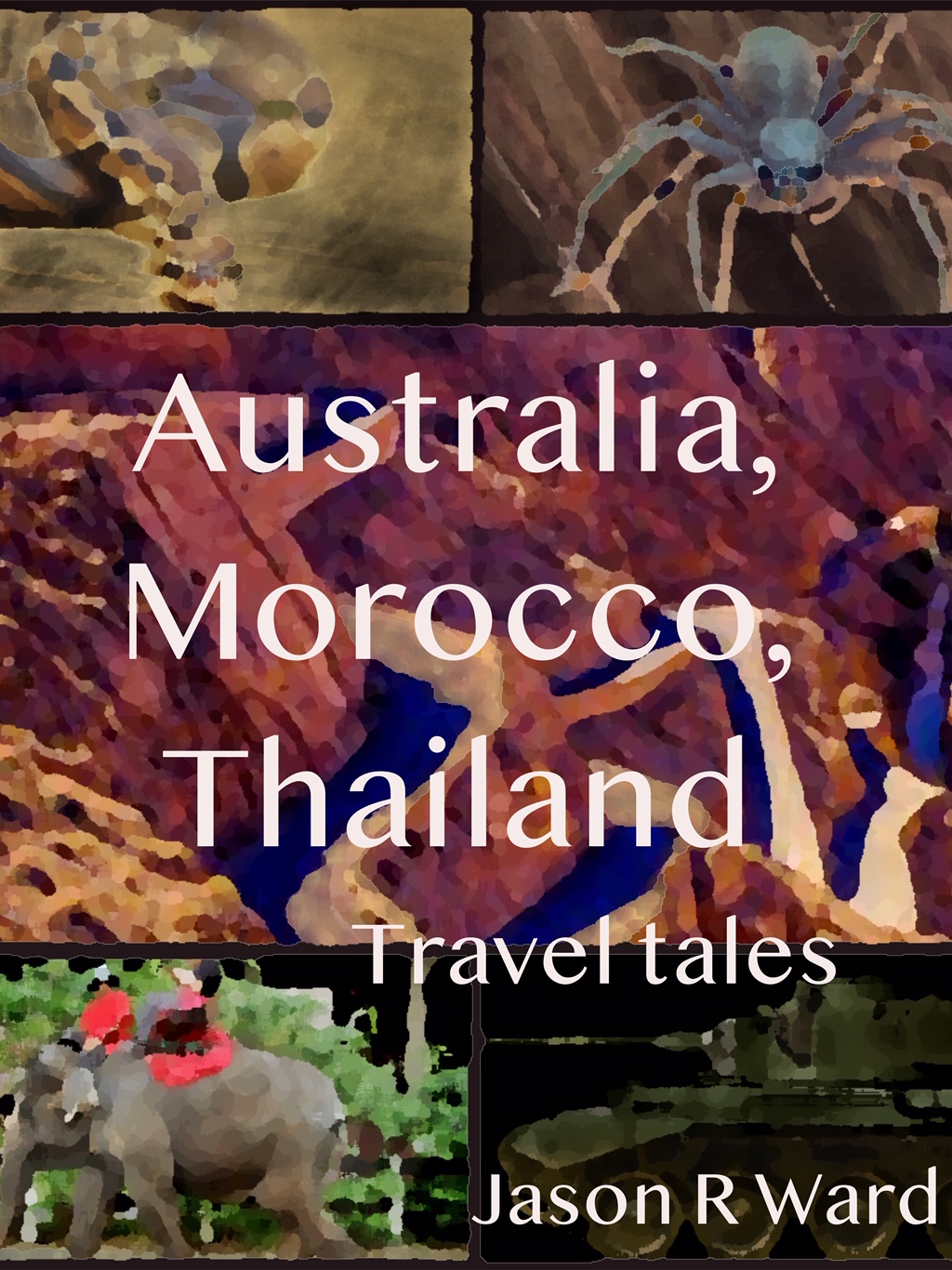


This sacramental walking must not be confused with mere physical exercise, Thoreau says, but is more akin to Yoga or a spiritual activity. Thoreau made a sacrament of walking & was a constant analyzer of his own experience. Pricthett's Dead Man Leading, written years before he'd actually visited Brazil where the novel is set.Ī section is included detailing the thoughts of those who abhor distant travel, except that of the imaginary sort, an example being Henry David Thoreau who was quite happily rooted to his own little cabin in Massachusetts & the landscape that surrounded it. There is even coverage of authors who wrote about places they had never visited, Franz Kafka's Amerika as an example or V.S. One can read The Tao of Travel cover to cover but it also seems fitting to browse through the various chapters independent of each other, as one might peruse a cookbook or perhaps an anthology of poetry or fiction. That said, Paul has always been partial to overland travel & particularly journeys via train. The book does not recommend destinations & doesn't really cover logistics in any meaningful way, though some are included but rather represents a thematic or topical approach to travel, with a wealth of reflective commentary from the likes of Paul Bowles, Mark Twain, Samuel Johnson, Graham Greene, Freya Stark, Jan Morris, Wilfred Thesiger, Somerset Maugham, Charles Dickens, John Steinbeck & many other writers.Ĭuriously perhaps, there is no coverage of extra-terrestrial or space travel including moon walks, though Theroux states in his preface that "the image in my mind was of flight". the musings of countless authors, Theroux included, on the experience of travel. Paul Theroux's compendium on travel, The Tao of Travel: Enlightenments from Lives on the Road details what transpires when novelists & other literary writers go on a journey, i.e. The gifted novelist John Gardner, whose Nickel Mountain I enjoyed & reviewed at this site, once stated that there are only two kinds of novel: Someone goes on a journey or a stranger comes to town. This is possibly a book I will dip back into from time to time (providing it isn't buried on my selves, which is more likely). For me the best parts were Theroux's introduction for each chapter, and where he added commentary to each quotation. Others will love this format, and I don't doubt will also love the content. Sometimes I remember the page number for my review, most often I don't! Selecting quotations is fun - I enjoy picking out the gem as I read a narrative, and reflecting on that before moving on. I don't consider they were not selected well, and in context - they were clustered together with relevance, but they don't hold my interest. I enjoy the build-up of narrative, the highs and lows. So why didn't I love it? I guess I am not one to like the chop and change that quotations from multiple authors provides. He draws his quotations from many - some well read authors in fact - Wilfred Thesiger (not enough from him), Charles Doughty, Shackleton, Sir Richard Burton, Peter Mathiessen, Hemingway, Gustave Flaubert, Bruce Chatwin, Graeme Greene, Geoffrey Moorhouse, Rebecca West, Somerset Maugham, Richard Halliburton, and so many more. Sometime Paul provides excerpts from his own writing, sometimes he dedicates a chapter to the Travel Wisdom of a particular person - Robert Louis Stevenson, Freya Stark & Evelyn Waugh are examples of this. Divided into chapters the quotations are arranged into logical sequence, and typically introduced by Theroux, some with narrative, some left as quotes. What is it? Basically, it is a book curated by Theroux, in which he has carefully selected quotations from the travel books of notable travellers - literary figures, novelists, well known travellers. This book, I wasn't enthused with, and that is largely due to its format and content. I enjoy Paul Theroux's writing a lot - particularly his travel non-fiction.


 0 kommentar(er)
0 kommentar(er)
